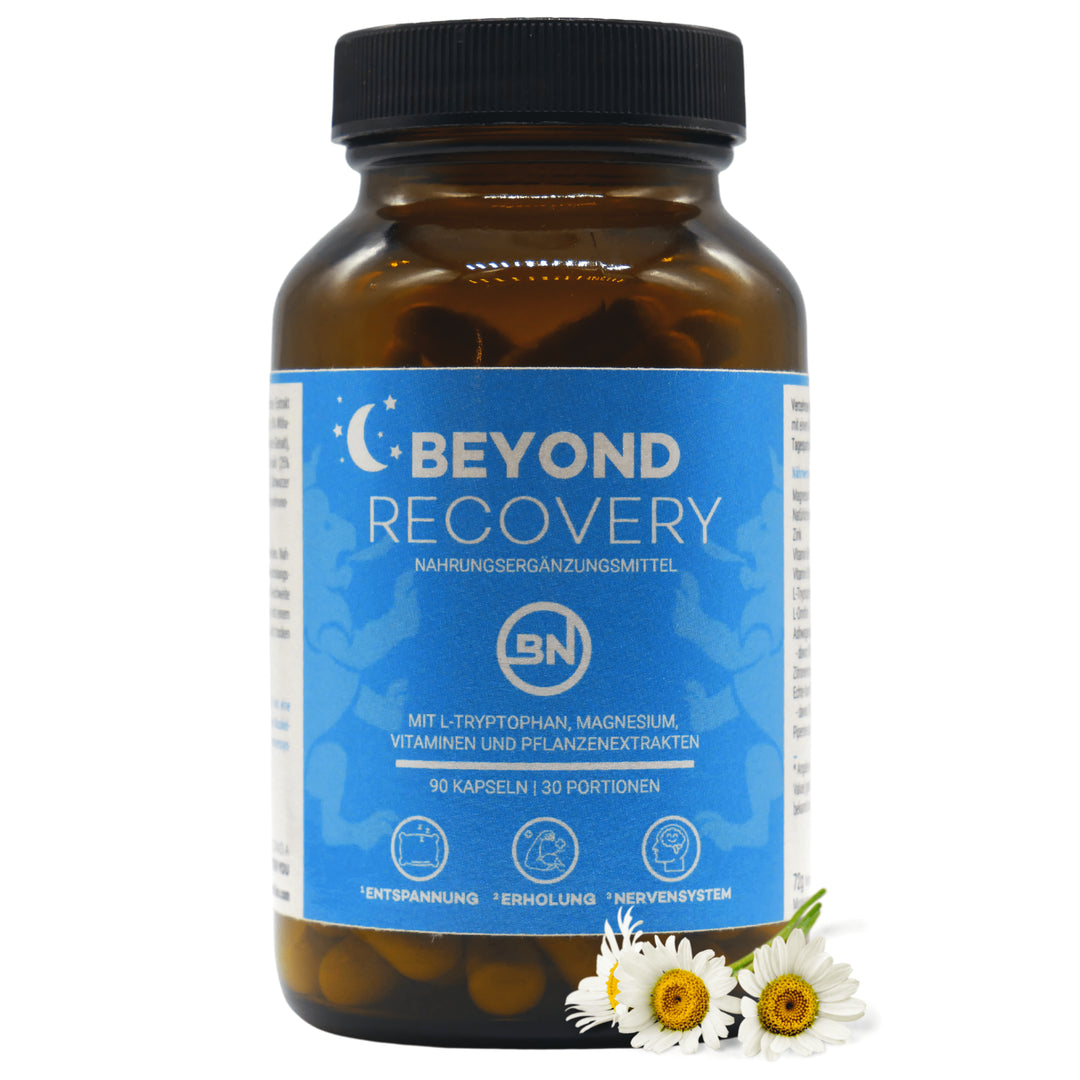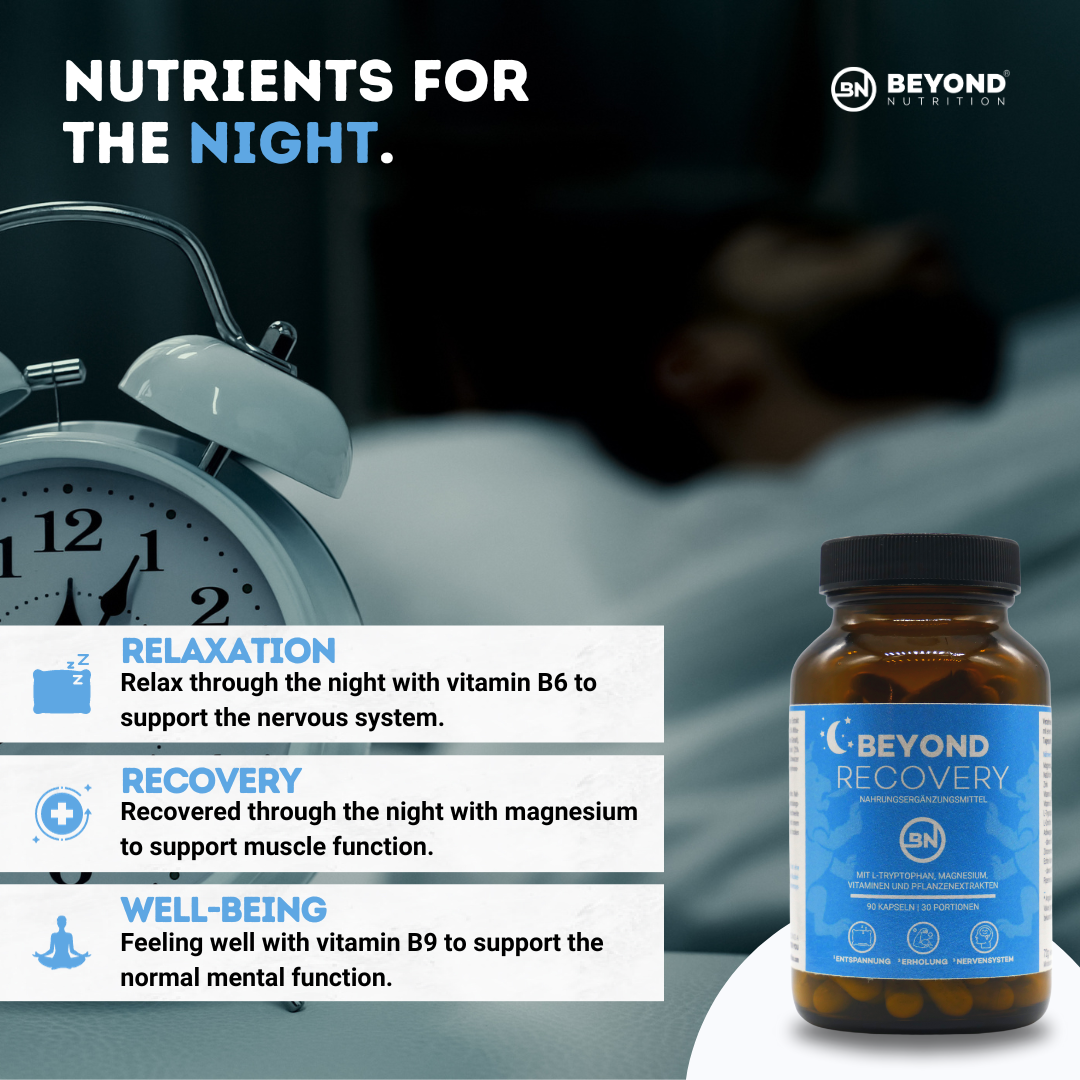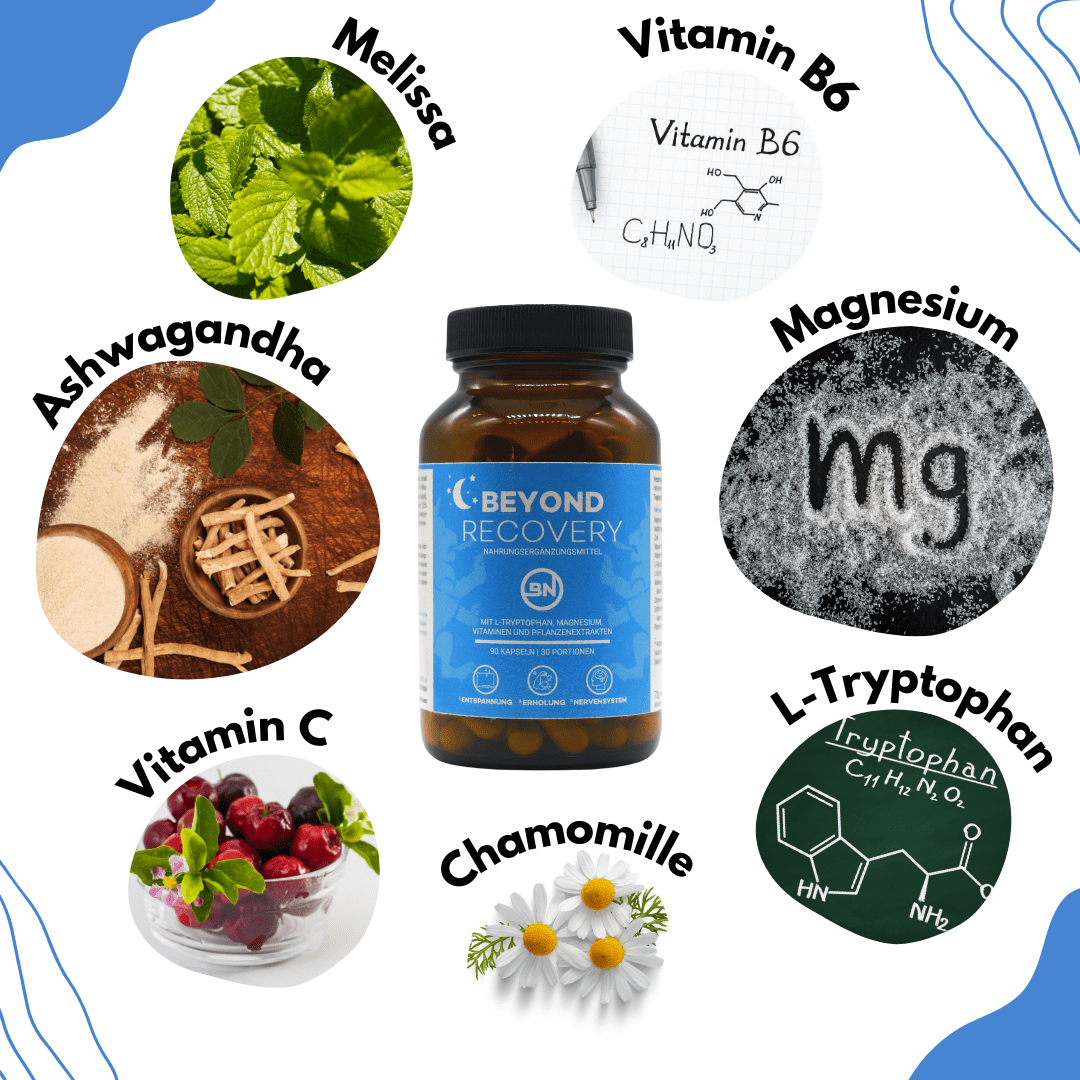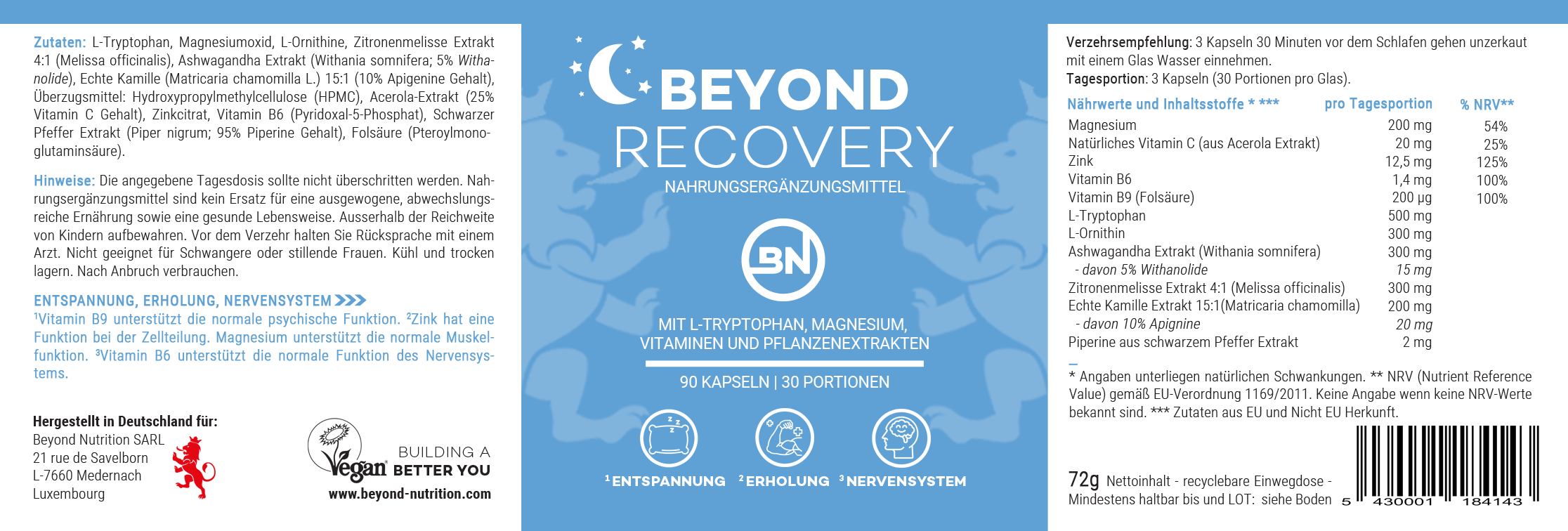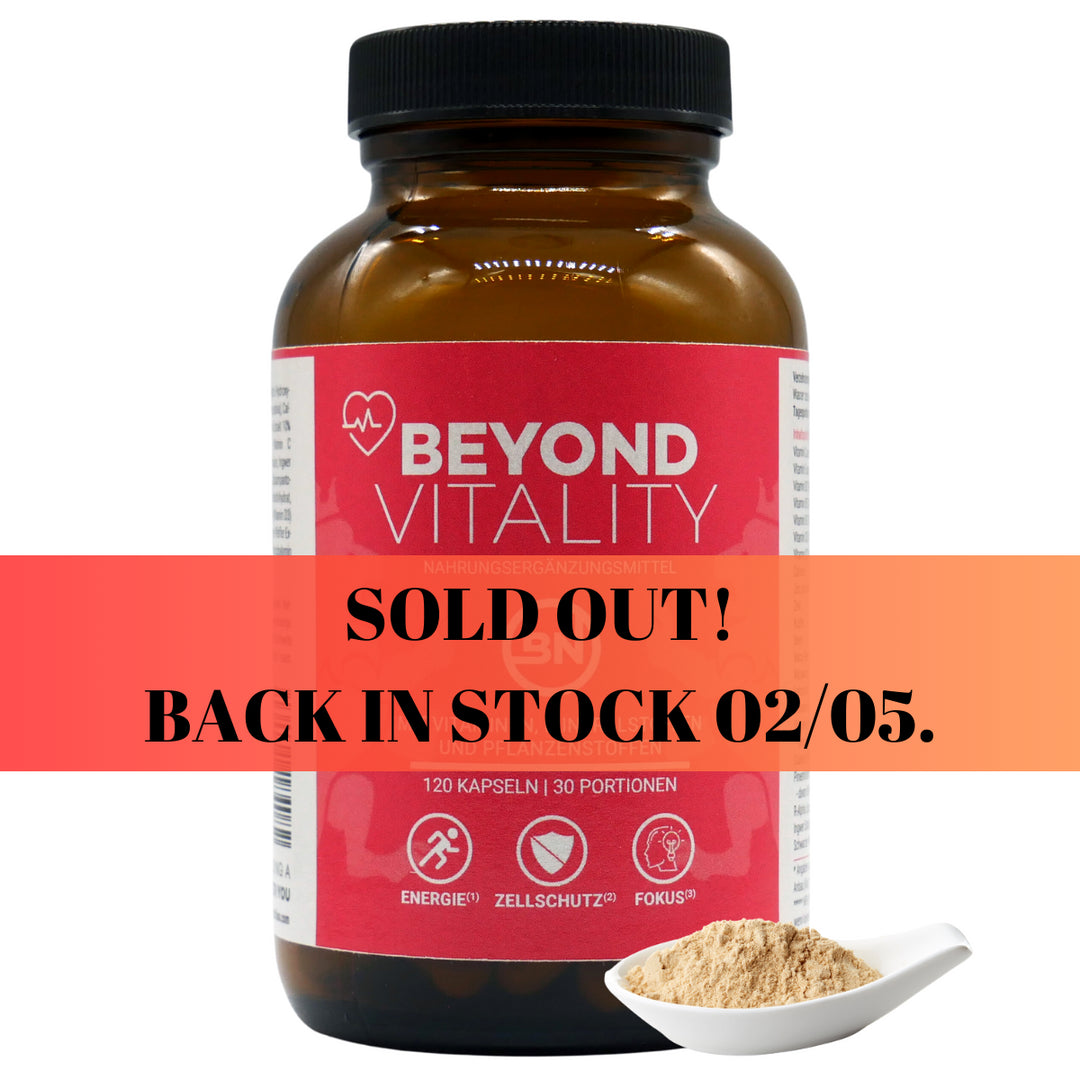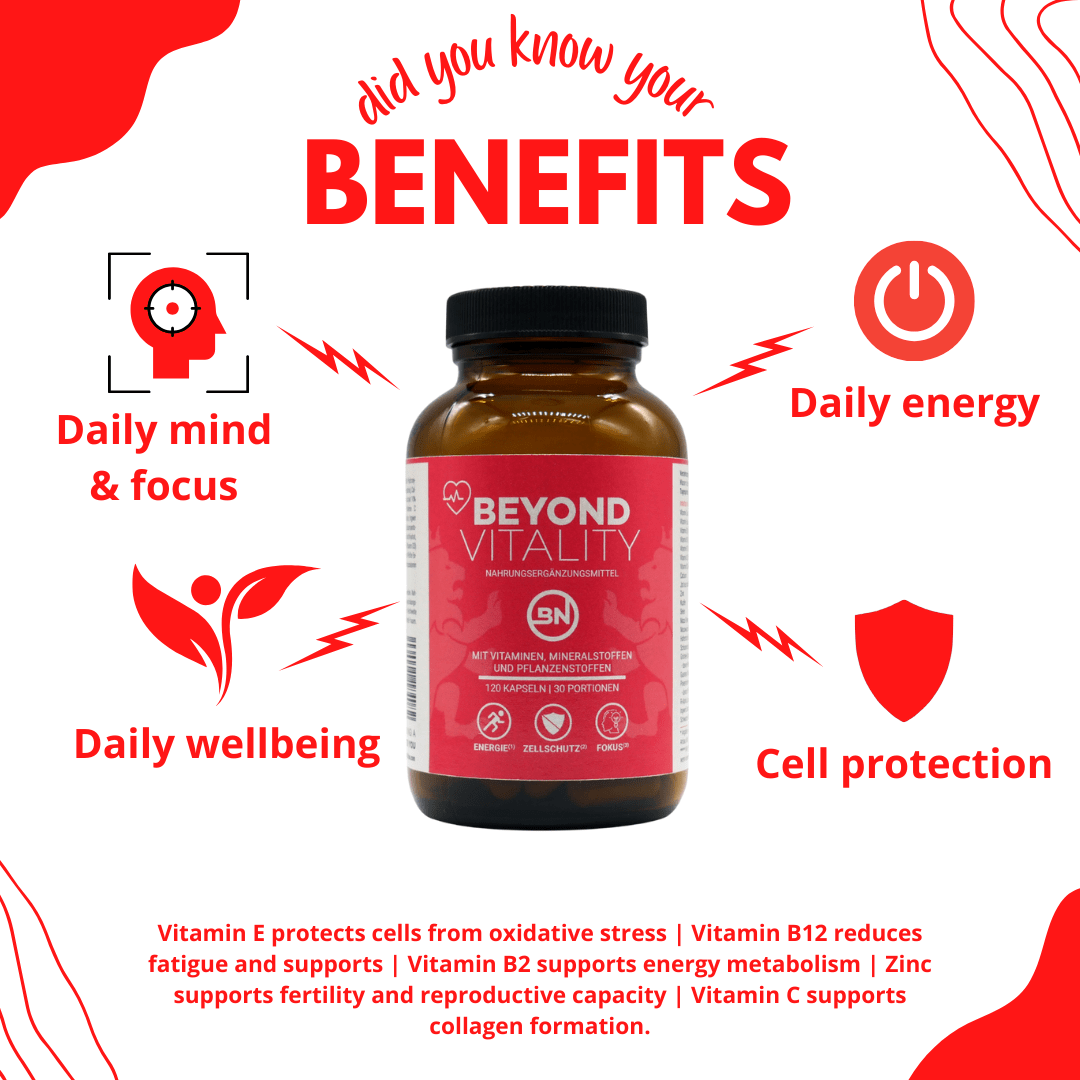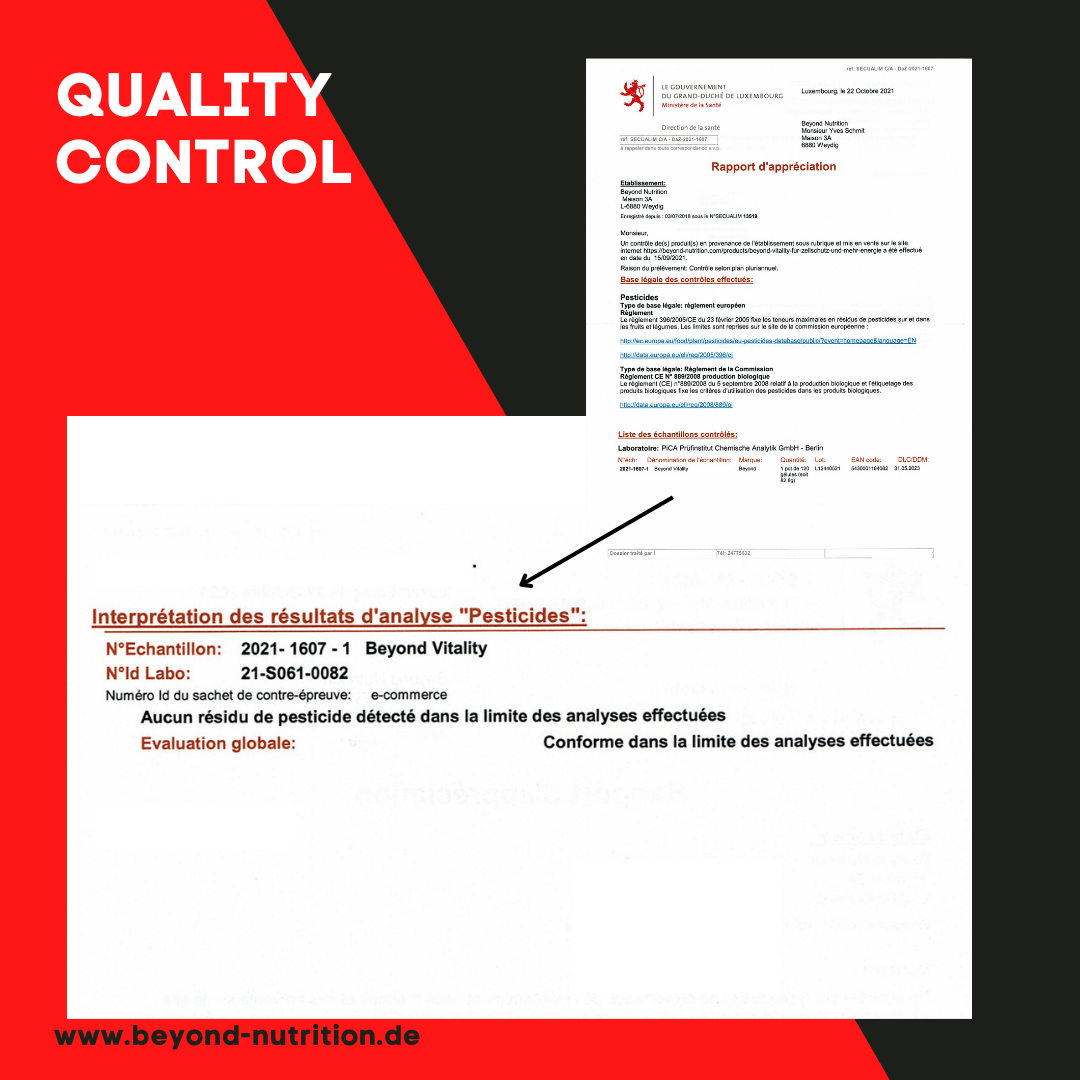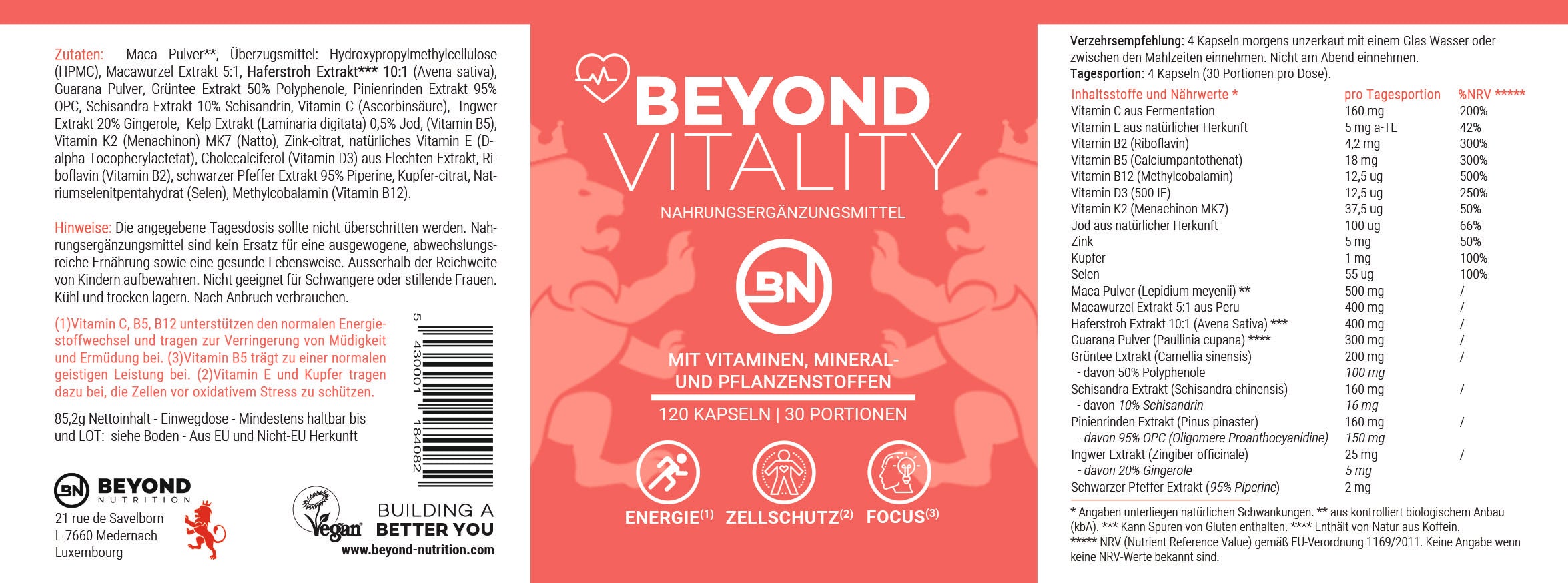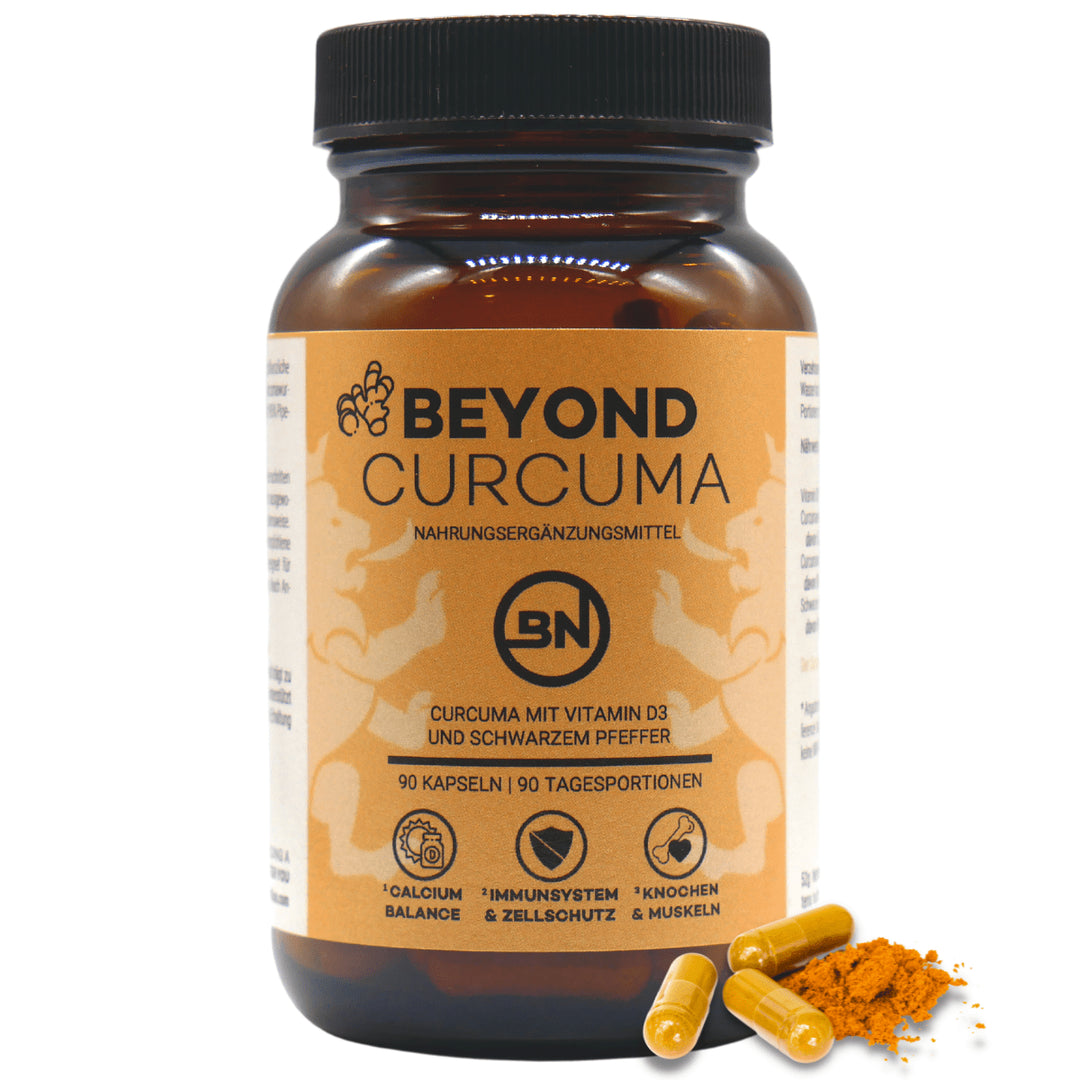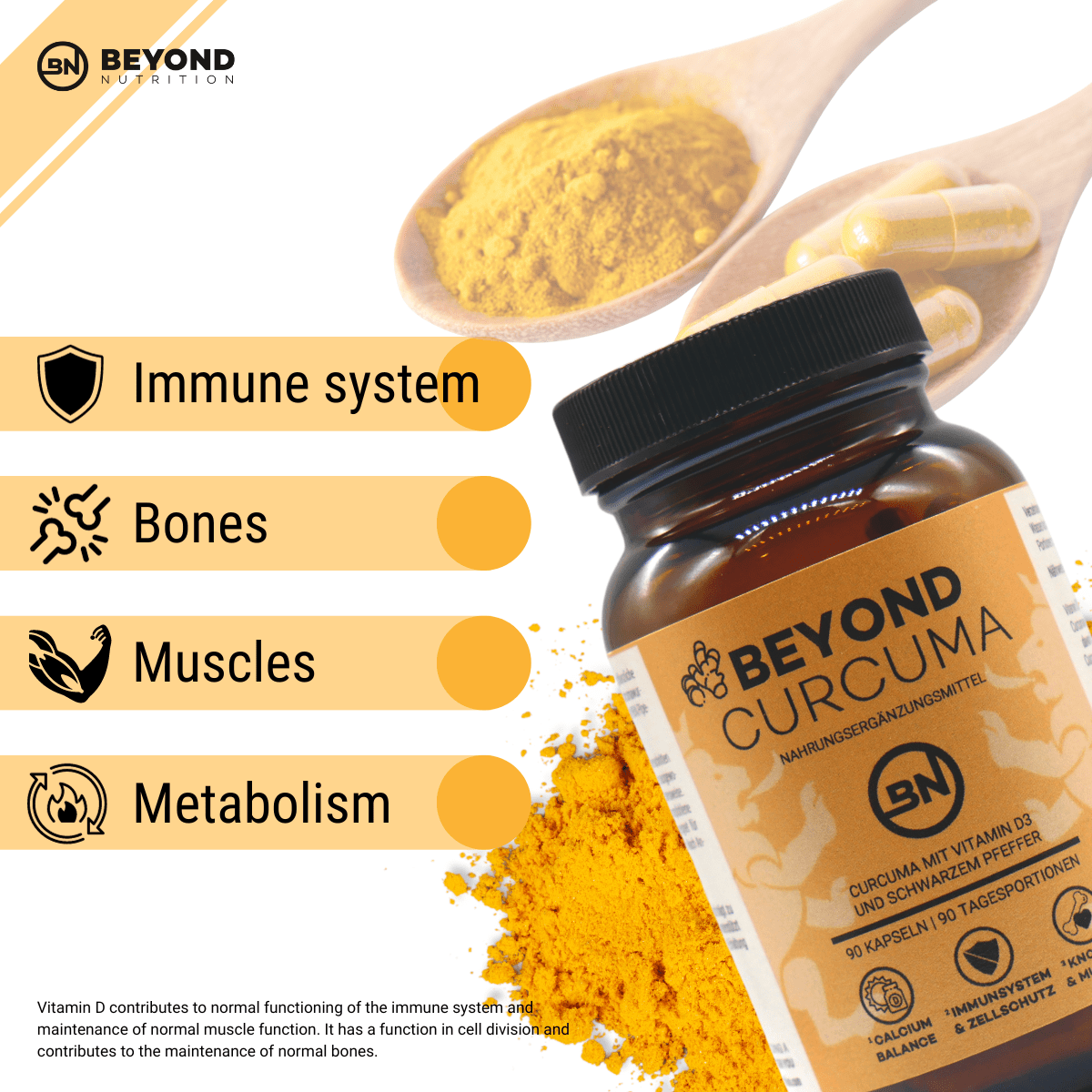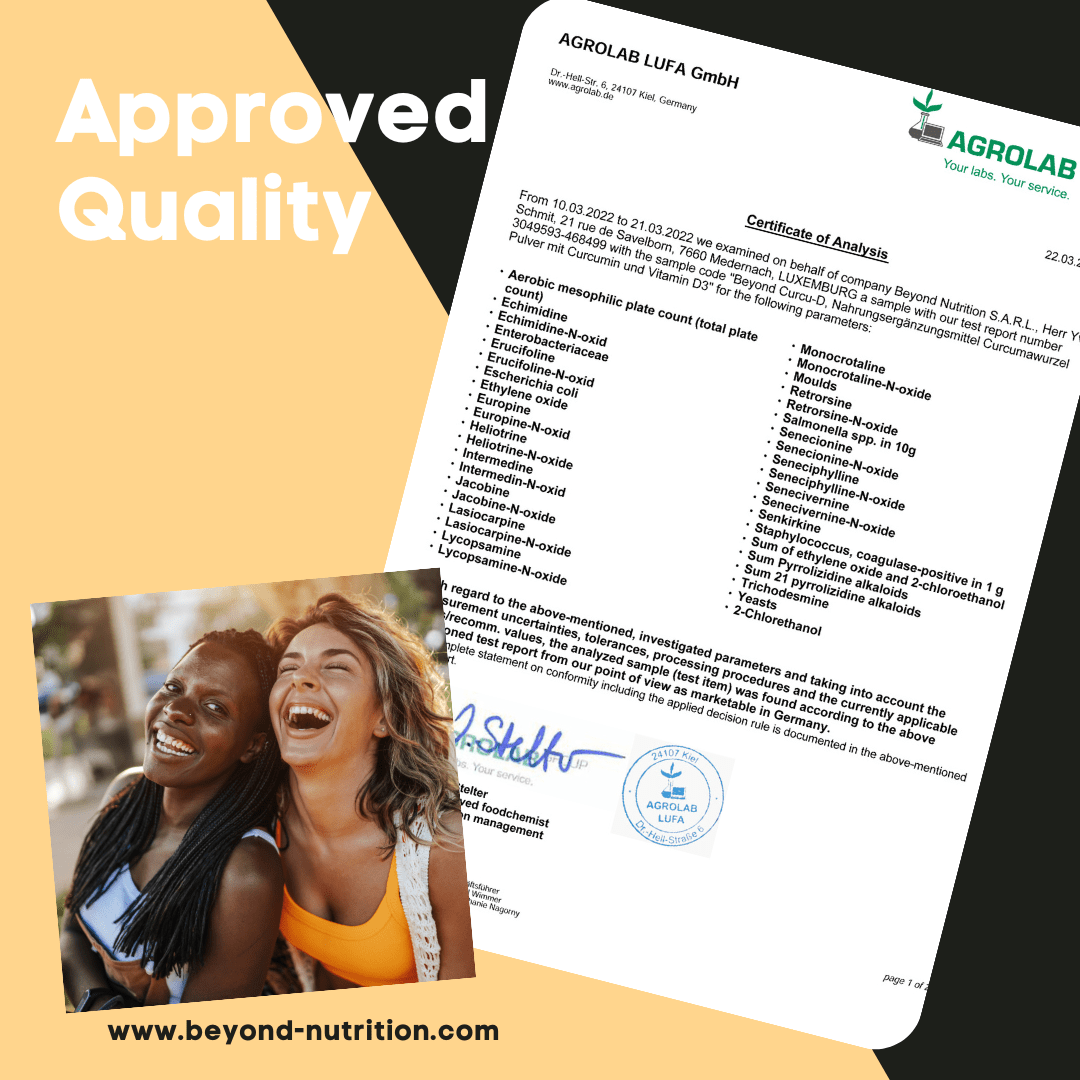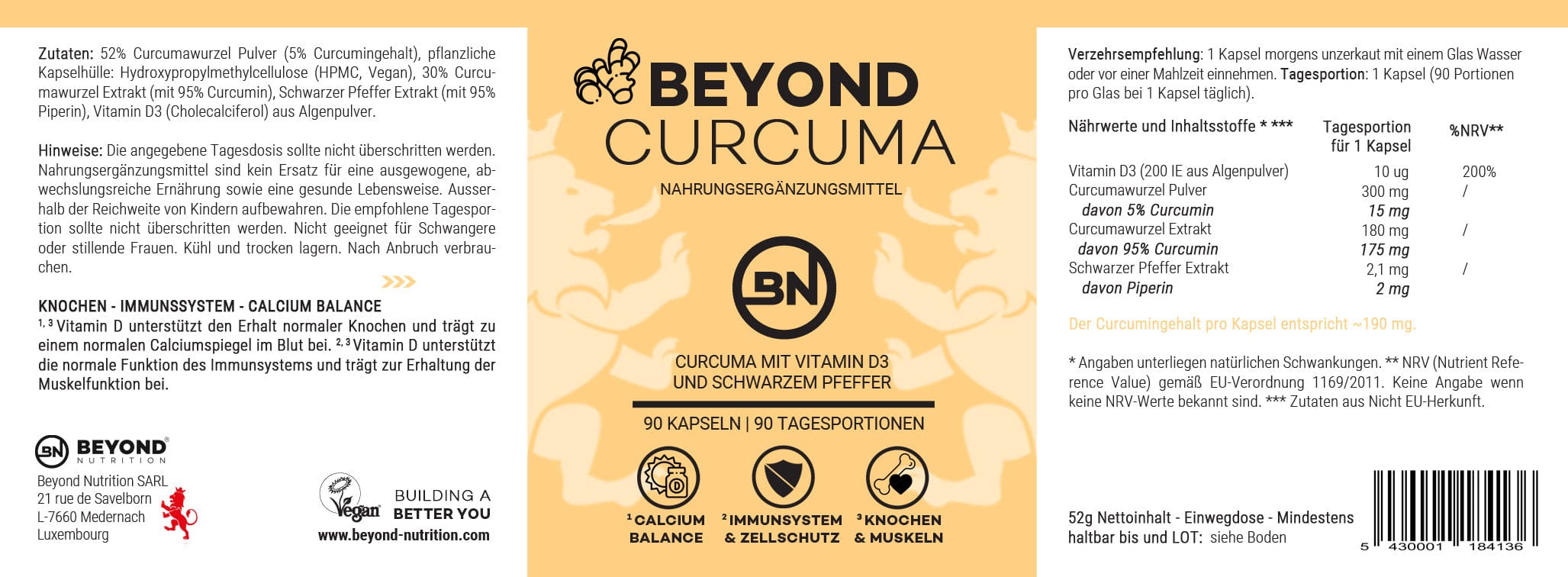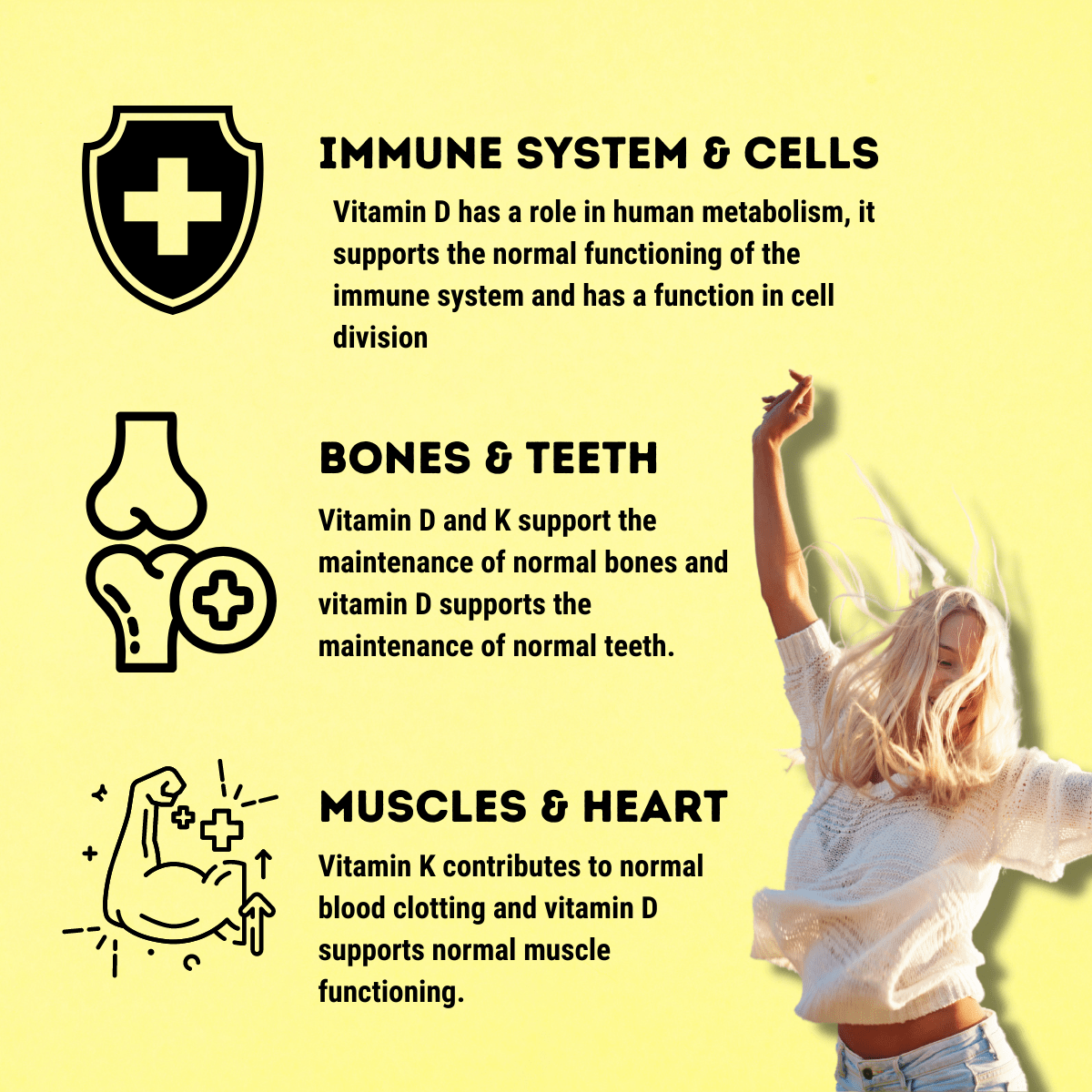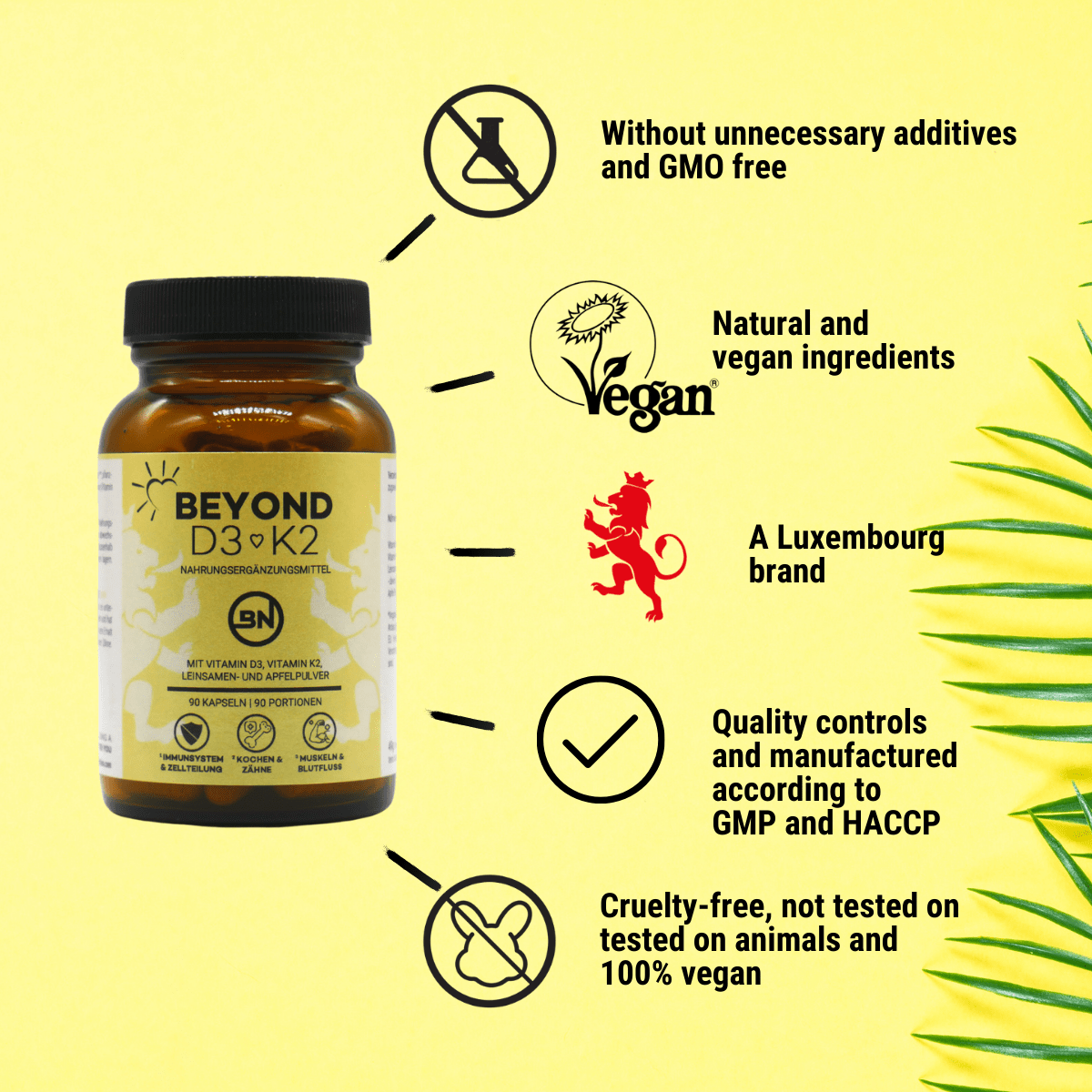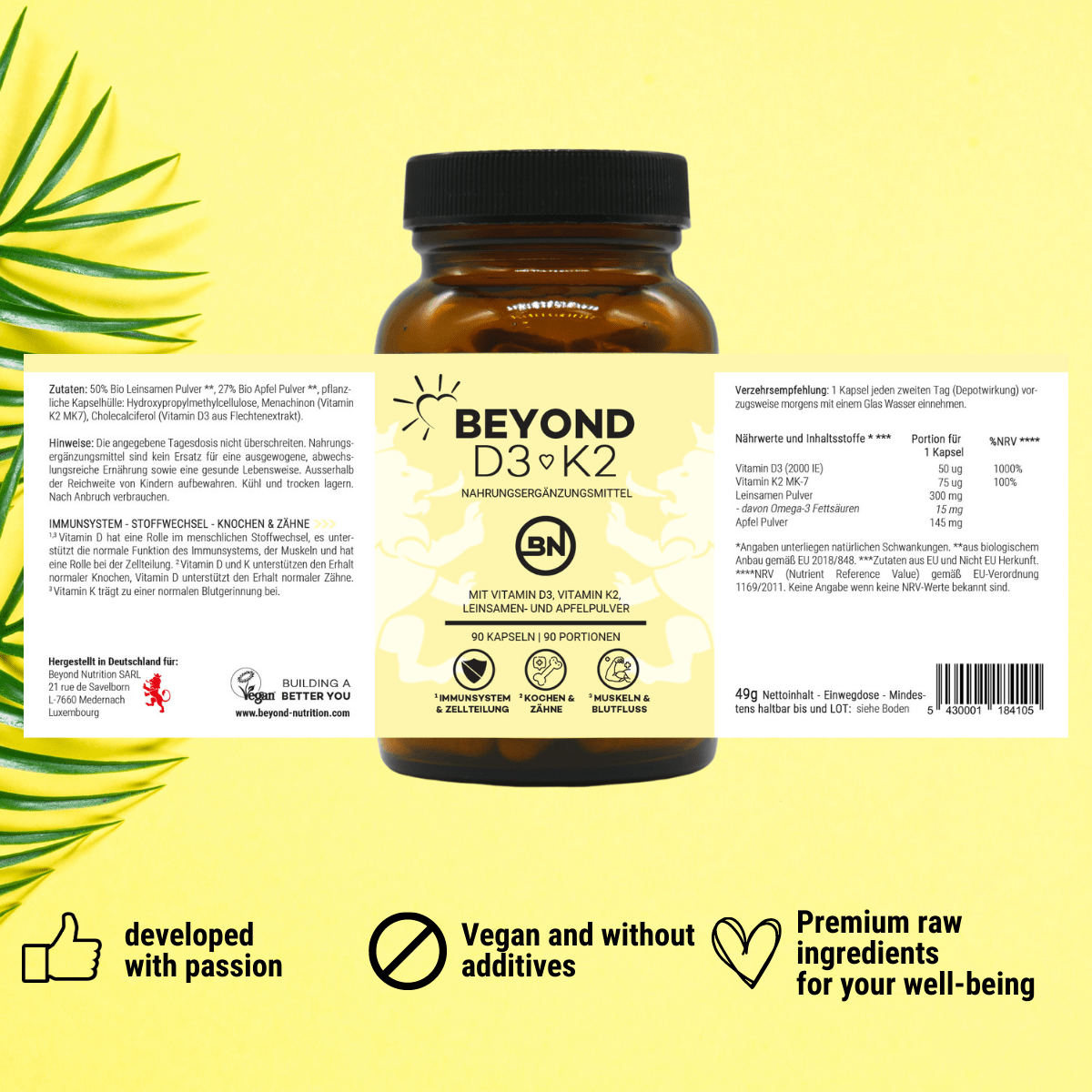Muscle building made easy with the right nutrition plan tips.

If you want to build muscle in the long term, you not only need an adapted training plan, but also an individual nutrition plan. Without a suitable diet, the body simply lacks the building material to let your muscles grow. The opposite can even be the case, namely that you lose muscle mass. With our tips you can adapt your diet and thus promote your muscle growth.
The basics of sports nutrition
Before you start building your training plan, it is important to know the basics of nutrition, namely the classification of macronutrients. These include proteins, carbohydrates and fatty acids.
Protein form the building blocks of your cells because they consist of many thousands of amino acids. In the body, these are used to build cells, hormones and repair tissue. In our case also muscle tissue.
carbohydrates are your body's main source of energy. Breaking down and burning the sugar molecules creates energy that drives our muscle cells.
Slices are important Components of the cells, you are building blocks for hormones and cell walls. They also play a key role for the utilization of fat-soluble vitamins.
The body therefore needs a balanced distribution of all macronutrients in order to be able to perform optimally.
More information about sports nutrition you can find in our technical article.
Calculate the daily calorie balance
If you do sports and want to build more muscles, you have to pay attention to your calorie balance. Because only if you eat enough calories does the body have enough building material to let the muscles grow.
Determine basal metabolic rate:
The basal metabolic rate is the calorie requirement of the body to keep it functioning normally. This generally includes all metabolic processes.
Basal Metabolic Rate (kcal) = Body weight in kg * 24 hours
Example for a person weighing 80 kg: 80 x 24 = 1920 kcal basal metabolic rate per day.
Determine performance turnover:
Power turnover is the calorie requirement of the body to carry out daily work and activity. This includes shopping, work and other activities. This is often done using the PAL value (Physical Activity Level) determine
The PAL table
| activity | PAL value |
| lying activity | 1,1-1,2 |
| sedentary work such as office work | 1,3-1,4 |
| Sitting activity with occasional walking or standing activity, e.g. students, laboratory technicians, drivers | 1,5-1,6 |
| Predominantly walking or standing activity, e.g. salesman, waiter, craftsman, mechanic, housewife/househusband | 1,7-,19 |
| Physically demanding work and sport | 2,0-2,1 |
Determine total sales (standard formula)
Now that we know our basal metabolic rate and have determined our PAL value, we can very quickly determine our total metabolic rate. This now gives us an indication of our daily calorie requirement.
FORMULA: Basal metabolic rate x PAL value
Example for a 60 kg person with a PAL value of 1.4: 60 x 24 x 1.4 = 2019 kcal.
Determine total sales (expert formula)
In order to make an even more precise statement about the total calorie requirement, you can also use the extended PAL calculation. This divides the day into a few main activities (work, leisure, sleep) and calculates the calorie requirement for each activity.
FORMULA: Basal Metabolic Rate x PAL Score per Activity
Example for a 80 kg person who works 8 hours as a mechanic and is otherwise at home and sleeps an average of 7 hours.
1.7 x 80 x 8h (work) = 1088 kcal
1,3 x 80 x 9h (Freizeit) = 936 kcal
1,0 x 80 x 7h (Schlaf) = 560 kcal
Basal metabolic rate according to extended PAL calculation: 1088 + 936 + 560 = 2584 kcal.
Calorie requirement for muscle building
Now that we know our daily total, we need to add some calories to that. Because muscle building only works on the basis of a slight calorie surplus. As a rule, this should be between 300 - 600 kcal. These will be added to the calculated total sales.
Formula: Total Metabolic Rate + Calorie Surplus for Muscle Building
Example of a 90 kg athlete with a total sales = 3369 kcal: 3369 kcal + 400 kcal (Kalorienüberschuss) = 3769 kcal.
Breakdown of the macronutrient
The right breakdown of macronutrients plays a crucial role in muscle building. The distribution of the three macronutrients - carbohydrates, fats and proteins - is important.
The supply of energy from carbohydrates and healthy fats authoritative.
20% of your total calorie needs should be off proteins exist, this is sufficient for successful muscle building. However, the maximum intake of 2g protein per kg body weight should not be exceeded. An 80 kg athlete should therefore consume a maximum of 2 x 80 g = 160 g protein per day. After all, this corresponds to the consumption of 550 g of chicken meat.
20% of your total calorie needs should come from healthy fatty acids exist, this supplies energy and building material for hormones and cells. Make sure that you mainly consume healthy fatty acids, also called unsaturated fatty acids.
60% of your total calorie needs should be off carbohydrates consist. While carbs get a bad rap, they're just as important for building muscle as protein. Make sure you only use high-quality carbohydrate sources (potatoes, rice, whole grain products) and avoid fast and refined sugar.
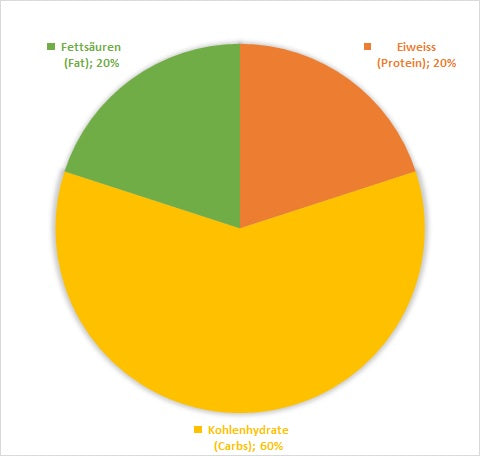
The best foods for building muscle
The quality of the food plays a decisive role in achieving athletic performance, which of course also includes muscle building. Many foods, while high in calories, are generally very poor in nutrients. This means they contain a lot of bad fatty acids, fast sugar and few vitamins and minerals. These include convenience foods and fast food.
The fresher and less processed the products, the more nutrients they contain.
List of protein foods
- poultry
- Red meat
- beans
- Fish
- Nuts (caution, they also contain a lot of fatty acids)
- Owner
- Tofu
- lowfat quark
Carbohydrate foods list
- potatoes (not fried)
- oatmeal
- Whole grain pasta
- kings
- dates
- Bananas (rich in potassium and magnesium)
- pumpkin
- apples and berries
- Rotate Bete
List of high-fat foods
- Native oils (olive oil, linseed oil, sunflower oil)
- linseed
- Nuts (caution, they also contain a lot of fatty acids)
- fatty fish (like salmon)
- Avocados

Example of a nutrition plan
Here is an example of a meal plan for a 70 kg person with a total turnover + surplus of 2569 kcal per day.
In the morning
Muscle building shake with fresh ingredients quickly prepared and healthy.
Nutrients: 39 g protein, 70 g carbohydrates, 14 g fats = 575 kcal
- 50 grams of berries
- 80 g cologne flakes (whole grain)
- 30 g Protein Pulver
- 400 ml almond milk
Snack
A quick snack for in between.
Nutrients: 18g protein, 30g carbohydrates, 18 g Fette = 360 kcal
- 1 large banana
- 200 g low-fat quark
- 30 grams of nuts
noon
A rich lunch with lots of fresh vegetables and complex carbohydrates.
Nutrient: 35 g Protein, 75 g carbohydrates, 15 g Slices = 600 kcal
- 150 g chicken strips
- 200 g brown rice
- 1 bowl of mixed vegetables
Snack
Delicious quark with berries and almonds as a sweet afternoon snack.
Nutrient: 28 g Protein, 60 g carbohydrates, 12 g Slices = 470 kcal
- 250 g Quark
- 50 g natural yoghurt
- 20 g Mandelsplitter
- 50 g fresh berries
- 100 ml almond milk or substitute
- 50g cologne flakes
Evening
Delicious sweet potatoes with carrots and beans as a vegetable protein source.
Nutrient: 25 g Protein, 90 g carbohydrates, 12 g Slices = 600 kcal
- 300g sweet potatoes
- small salad with olive oil and vinegar
- 150 g beans with fresh spices
-----
Total balance per day: 2605 kcal of which 145 g protein, 325 carbohydrates, 71 g fat.
----
Our muscle building tips and tricks
Track and optimize calorie intake
Try to track your nutrition plan and macro breakdown regularly. There are many great apps on the internet that can help you with this. Pay attention to hidden calories in your food and get a feeling for your optimal calorie intake.
Drink enough water
Muscles need a lot of water to function because they are made up of 70% water. So make sure you drink enough water.
Sleep enough
With nutrition we provide the body with energy and building materials for new muscle mass, in training we set growth stimuli and when we recover we only build new muscle mass. Sufficient and above all good sleep is a decisive factor in building muscle mass. During sleep, our body cells and nervous system regenerate and the body releases growth hormones (hGH). Ideal conditions to let the muscles grow.
Refrain from alcohol
Alcohol is one of the biggest enemies for every athlete. It affects our entire performance, whether physical or mental. Try to avoid alcohol as much as possible and avoid it, especially on training days. It's best to just use non-alcoholic beverages.
Need help? Our partners will help you.
Creating a meal plan can be very difficult for a beginner and is also prone to error. To help you here, you are welcome to fall back on our partners:
Simone Bohrmann - personal training
https://simonebohrmann.com/
Krav Maga Luxembourg
https://kravmagacenter.lu/
Factory4 Fitness Center - Sports and nutritional advice
https://factory4.lu/




